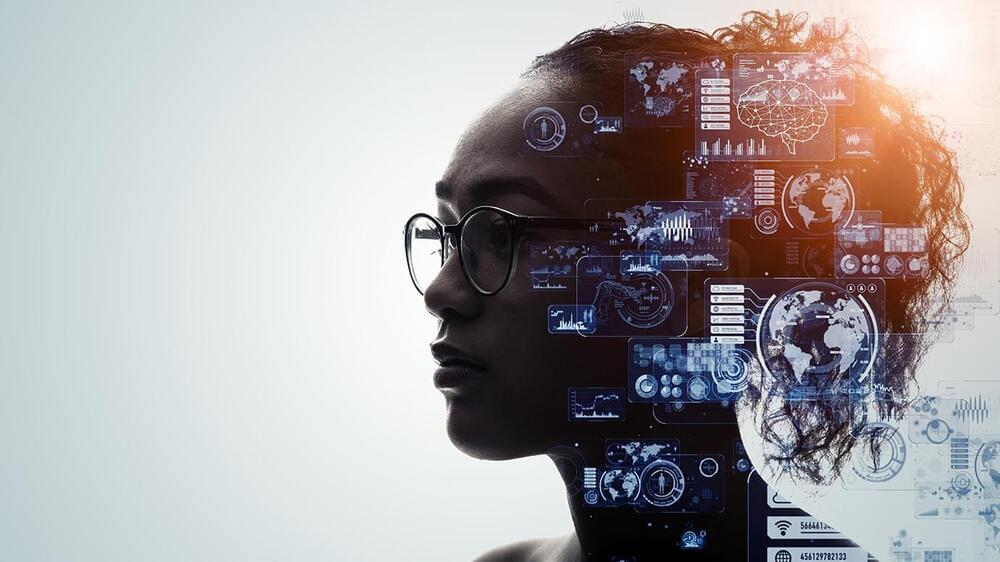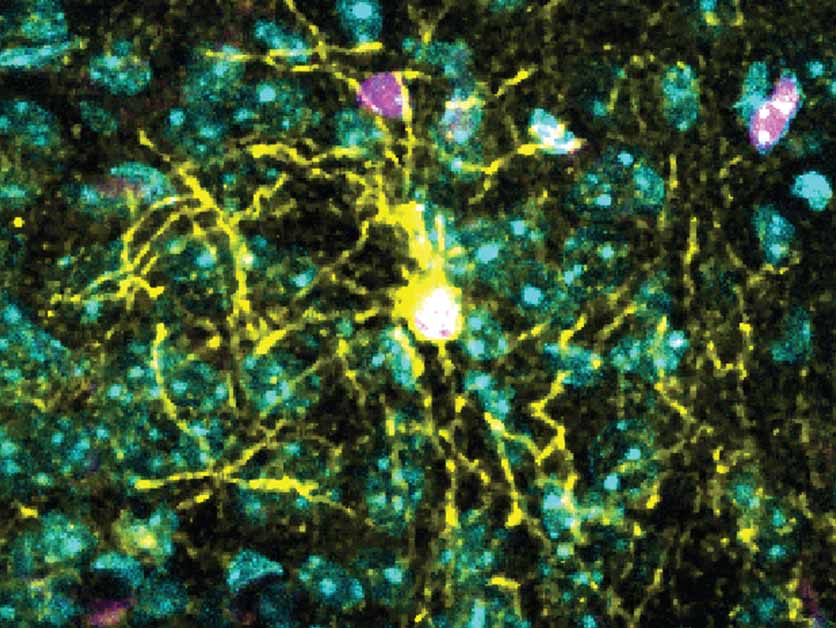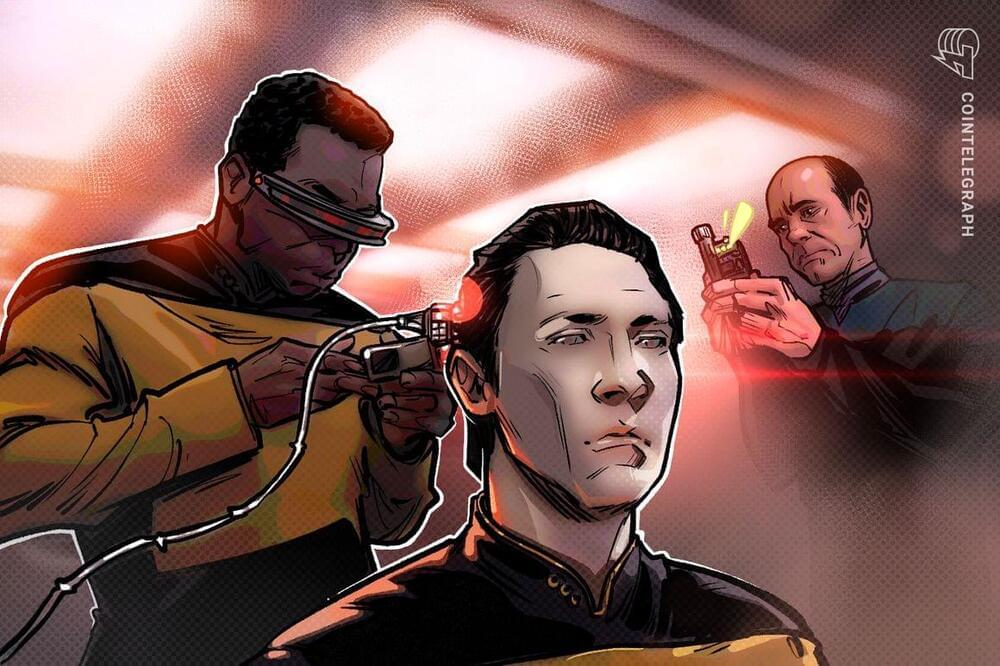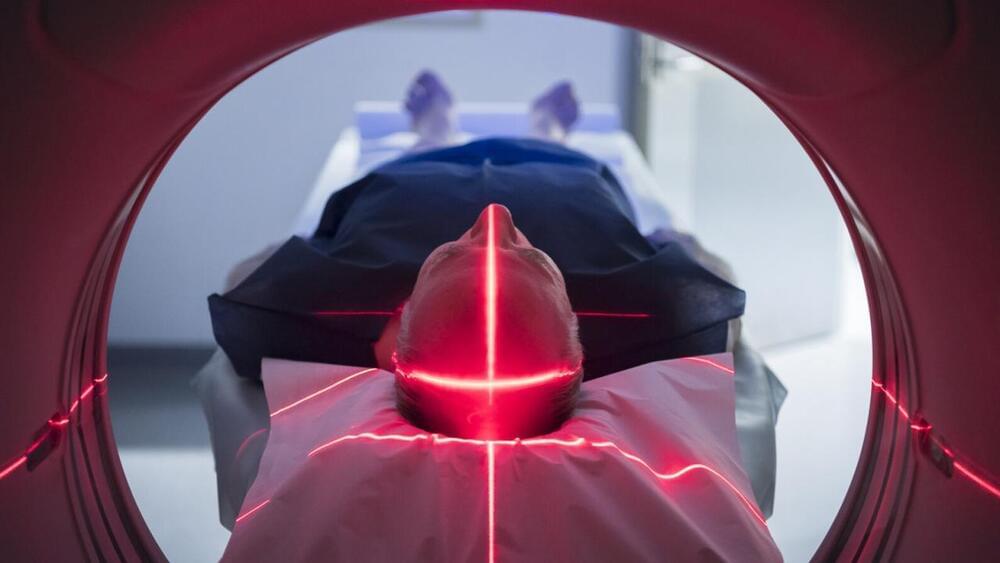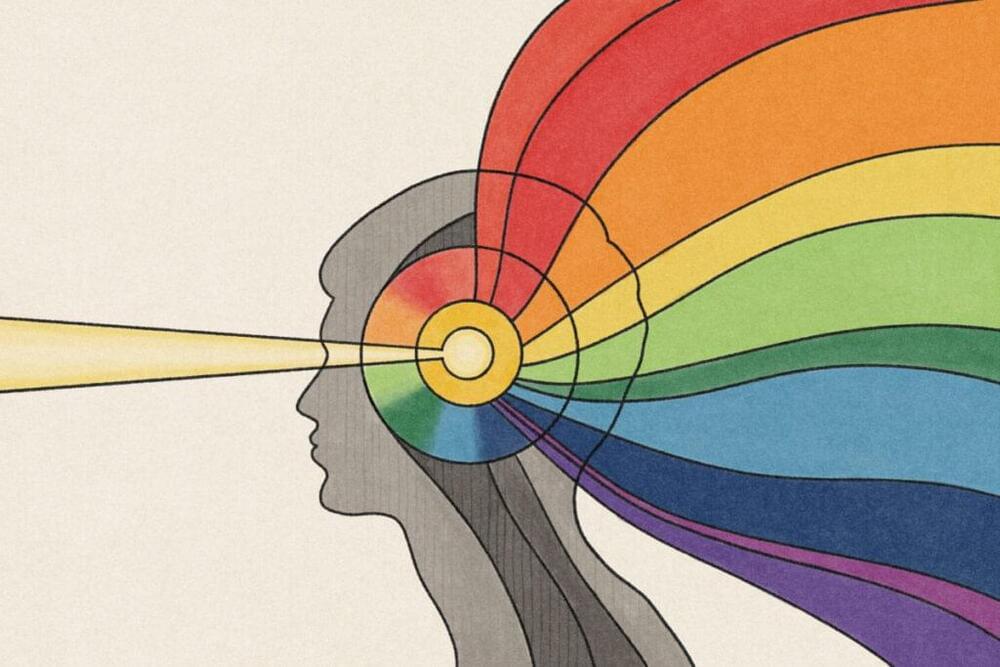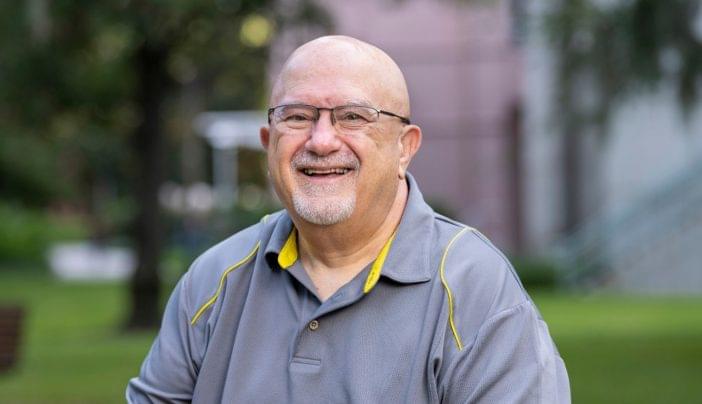Page 1621
Aug 14, 2023
Vive la Différence: Brain Cells of Males and Females Respond Differently to Chronic Stress
Posted by Shubham Ghosh Roy in category: neuroscience
A new study in mice could pave the way to personalized therapy for depression, anxiety and other stress-related disorders known to produce different effects on men and women.
Aug 14, 2023
Gene Therapy Rewired Monkey’s Brains to Treat Alcohol Use Disorder, Study Finds
Posted by Shubham Ghosh Roy in categories: biotech/medical, neuroscience
The GDNF gene therapy is currently used to treat Parkinson’s disease but could now be a major breakthrough in substantially reducing alcohol use disorder. “Drinking went down to almost zero,” Grant told OHSU News. “For months on end, these animals would choose to drink water and just avoid drinking alcohol altogether. They decreased their drinking to the point that it was so low we didn’t record a blood-alcohol level.”
Grant and her team said in the study that the resounding efficacy of GDNF gene therapy is promising for those who struggle with alcohol use disorder, and believe it could be effective in treating other substance abuse disorders. However, the therapy treatment would not be widely accessible and with other options on the market, it should be used as a last resort form of treatment.
Aug 14, 2023
Anthropic cracks open the black box to see how AI comes up with the stuff it says
Posted by Marco Monfils in category: robotics/AI
This is my latest thought 💭 post about humans and machines and why SymbioticAI (not control AI) is the way forward for humanity in the era of super intelligent machines.
Maybe interesting 🤔.
A recently published research paper from scientists at Anthropic demonstrates a method for determining how much “influence” individual instances of training data have on the generation of outputs by large language models.
Aug 14, 2023
Ford’s CEO had a charging ‘reality check’ on his electric F-150 Lightning road trip
Posted by Kelvin Dafiaghor in category: climatology
Ford CEO Jim Farley experienced the headache of electric-vehicle charging firsthand and acknowledged there was much to do to improve the experience for his customers.
Farley hit the road in an F-150 Lightning last week, traversing Route 66 and the American West to put the electric truck through its paces. He documented his trip on LinkedIn and X, the social-media website formerly known as Twitter.
Aug 14, 2023
Mystery of Entropy FINALLY Solved After 50 Years! (STEPHEN WOLFRAM)
Posted by Dan Breeden in categories: computing, particle physics, space
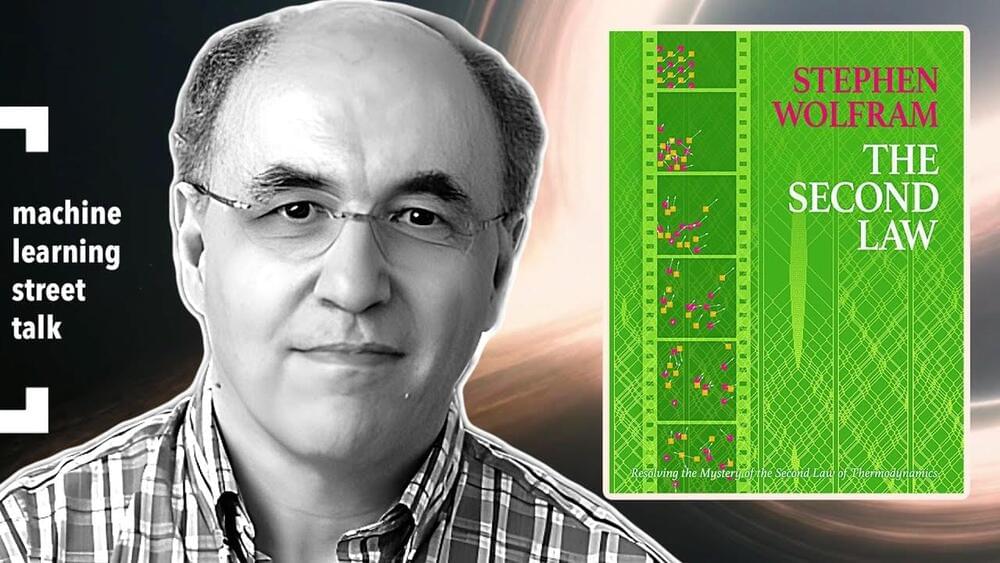
Please check out Numerai — our sponsor @
http://numer.ai/mlst.
Patreon: https://www.patreon.com/mlst.
Discord: https://discord.gg/ESrGqhf5CB
Continue reading “Mystery of Entropy FINALLY Solved After 50 Years! (STEPHEN WOLFRAM)” »
Aug 14, 2023
Gravitational waves show black holes prefer certain masses before they collide
Posted by Shubham Ghosh Roy in categories: cosmology, physics
A preference for “universal masses” 9 and 16 times the mass of our Sun have been identified in the gravitational-wave events detected so far.
Aug 14, 2023
Source of Hidden Consciousness in ‘Comatose’ Brain Injury Patients Found
Posted by Shubham Ghosh Roy in categories: biotech/medical, neuroscience
Columbia researchers have identified brain injuries that may underlie hidden consciousness, a puzzling phenomenon in which brain-injured patients are unable to respond to simple commands, making them appear unconscious despite having some level of awareness.
“Our study suggests that patients with hidden consciousness can hear and comprehend verbal commands, but they cannot carry out those commands because of injuries in brain circuits that relay instructions from the brain to the muscles,” says study leader Jan Claassen, MD, associate professor of neurology at Columbia University Vagelos College of Physicians and Surgeons and chief of critical care and hospitalist neurology at NewYork-Presbyterian/Columbia University Irving Medical Center.
The findings could help physicians more quickly identify brain-injured patients who might have hidden consciousness and better predict which patients are likely to recover with rehabilitation.
Aug 14, 2023
Scientists can predict how creative you are based on your instincts and your tastes, says new study
Posted by Shubham Ghosh Roy in category: neuroscience
Do you prefer originals to remakes, or the whacky option compared to something more relevant? Well, a new study published in the journal American Psychologist suggests that people more inclined towards original ideas are likely to be more inventive themselves.
Creative mechanisms in the brain are complex and largely unknown – and scientists are still learning how creativity works and what motivates it. But a French team of cognitive neuroscientists are trying to shed the light on this process.
Neuroscientists currently agree that the creative process has two parts: coming up with ideas and then assessing them to choose the good ones.
Aug 14, 2023
Traveling with cancer: 7 questions to ask your doctor
Posted by Shubham Ghosh Roy in category: biotech/medical
Some elements of travel are the same for everyone. Clothing and toiletries, for instance, are generally a packing staple. Many people bring prescription drugs for chronic conditions, too.
But what if you have cancer? Are there any specific travel considerations you should keep in mind? We went to neuro-oncologist Ashley Aaroe, M.D., for advice.
Here are seven questions she recommends asking your care team before a trip.
